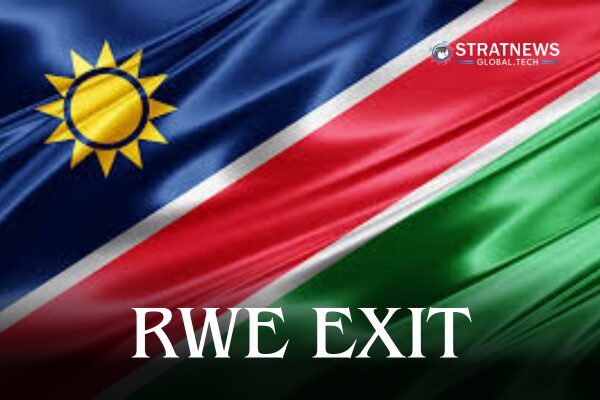RWE Backs Out of Namibia’s Green Ammonia Project
German utility company RWE announced on Monday that it has withdrawn from Namibia’s $10 billion Hyphen green ammonia project. The decision marks a setback for Namibia’s plans to position itself as a key hydrogen hub in southern Africa.
Slow Hydrogen Demand Impacts Project
RWE initially signed a non-binding memorandum of understanding with Hyphen in 2022. The deal outlined plans for RWE to buy around 300,000 tonnes of green ammonia annually from 2027. Ammonia is widely used in fertiliser production and is traditionally made with natural gas. To cut emissions, natural gas must be replaced with hydrogen generated through renewable energy sources.
However, RWE explained that hydrogen demand in Europe is developing more slowly than expected. As a result, the company has reviewed its investment strategy. “We can confirm that RWE is currently not pursuing any further projects in Namibia,” the company stated. This review included its potential collaboration with Hyphen.
Hyphen Confirms No Final Deal Was Reached
Hyphen clarified that RWE had only signed a memorandum of understanding and had not entered into any binding purchase agreement. Company spokesperson Ricardo Goagoseb emphasised that no final commitments were made regarding off-take volumes.
Indigenous Land Rights Concerns
The project had also drawn criticism from indigenous rights groups. In April, representatives of the Nama people and advocacy organisations expressed concern that the project site overlapped with ancestral lands inside a national park. Andrea Pietrafesa, a legal advisor at the European Centre for Constitutional and Human Rights, welcomed RWE’s withdrawal. In a joint statement with the Nama Traditional Leaders Association, she highlighted the importance of protecting indigenous rights.
Despite these concerns, RWE stressed that its decision was not influenced by the complaints. Instead, it was driven by the slow pace of hydrogen market development in Europe.
with inputs from Reuters


